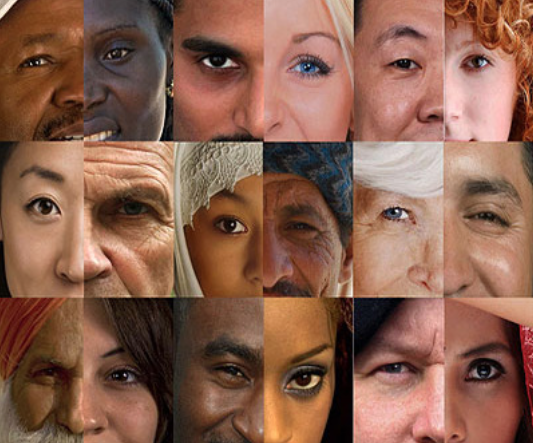Unfortunately, women, people of color, and obviously women of color, are widely underrepresented in all print publications from magazines and book reviews to novels. A 2012 study by Lee and Low Books found that of the 124 books that made the New York Times Top 10 bestseller list in 2012, only three had authors who were not white. Of those three, none of them were African American. Moreover, of the three books/book series by authors of color that made the list, only one contained a main character of color. In the same year, the National Magazine Award finalists completely excluded women in several categories — reporting, feature writing, profile writing, essays and criticism, as well as columns and commentary.
We find ourselves facing this colossal, perpetual problem of underrepresentation and no ideologically perfect way to break free from it. Outspoken racists/misogynists like Canadian author and professor David Gilmour, who refused to teach works of any female, Chinese, or queer authors to his students because they weren’t “serious, heterosexual males”, definitely don’t help the cause, but they are not at the root of the problem. Even for people attempting to be conscious of their privilege and inclusive in their reading, it is absurdly hard to find a way to not read primarily, if not solely, heterosexual, cisgender, white male authors.
It’s hard because the system is rigged against minorities at every stage of the process. Fewer publishers are willing to publish books by authors of color, and according to VIDA: Women in Literary Arts’ longitudinal studies, very few women’s works are reviewed, and very few women write these reviews. This systemic gender bias is frustratingly familiar, but it is worse when the problems extend to logistical hindrances. These books are often extremely difficult to access, even in e-book format, and that has only deepened the divide between readers and the voices that hope to reach them.
This brings me to the most important point: we are working towards creating a society where women and people of color are urged to speak, but we aren’t doing very much at all to listen to what they are saying. I agree wholeheartedly that if we are to discuss issues of race, we must hear about the lived experience from someone who has lived it. Yet, can we only ever read a book by a Latina author if the book is about being Latina?
Are people of color at such odds with the whitewashed western media that writing and imagination, rooted in the same physical space as white authors, is intrinsically less valuable?
To believe that authors of color are only good for writing on their ‘exotic’ lived experiences is outright tokenism. It is equivalent to seeing these authors as fundamentally other, less human, and irrelevant to conversations.
Moreover, it puts authors from these groups in the precarious position of having to speak for an entire group of people who the Western media largely ignores. Authors are eventually people, and their experiences are by definition their own. There is something deeply flawed in trying to read one author’s work to gain a deeper understanding of their heritage. I can attempt to understand Frank Chin’s imagination of Chinese and Chinese-American culture better by reading his works, but I can’t make overarching conclusions about Chinese culture at large.
It is worse when people dismiss the idea of reading only women or authors of color for a period as being too restrictive. It doesn’t matter that these groups have been meeting this dismal fate for years, and for some reason that has been justified as an unintended consequence. Treating books by “minority” authors as genres removed from the others could feed back into “otherizing” them, but if someone were to say that this exclusivity is warranted and still insufficient in addressing the underlying disproportionality, I would agree.
The United States we live in today is unfortunately not a post-racial or gender-equal society, and drowning out the voices of disadvantaged groups is the most effective tool in sustaining their oppression. Let us hear about sexism and racism from those who are affected by it, yes, but let us hear from as many different people as we can. More importantly, let us care to hear, or read, anything that people from these groups have to tell us as much as we would if they didn’t belong to them, because their creativity extends beyond their racial or gender identities. Reading only cisgender, heterosexual white males, is not unjust only because it is not representative of the larger population, but also because it restricts the imagination of the readers to a whitewashed, heteronormative reality that is not real for everyone. Treating diverse imaginations as equally worthy of attention is at the crux of treating people as equally human.




